Help! I hear from many busy working moms and dads when their teenager suddenly announces “I’m vegetarian.” Isn’t mealtime stressful enough without adding one more component? And what about nutrition?
I can see the concerned look on parent’s faces when they realize that most vegetarian teens barely eat vegetables at all. Most teens who don’t eat meat fill their plates with slices of cheese pizza, veggie burgers, and grilled cheese sandwiches – in other words, they stay away from the green stuff! What does a well-balanced vegetarian diet consist of anyway? It should consist of fruits, vegetables, plenty of leafy greens, whole grain products, nuts, seeds, legumes, eggs, and dairy.
 Teenage vegetarians have the same nutritional needs as meat-eating teens. It is important to remember that the teen years are times of rapid growth and change, therefore nutritional needs are critical. So what can you do to provide healthy meals without ending up in a shouting match because you’re serving foods your kids hate? Consulting a nutritionist about your child’s diet is the best bet, but here are just a few ideas on how to get started with mealtime.
Teenage vegetarians have the same nutritional needs as meat-eating teens. It is important to remember that the teen years are times of rapid growth and change, therefore nutritional needs are critical. So what can you do to provide healthy meals without ending up in a shouting match because you’re serving foods your kids hate? Consulting a nutritionist about your child’s diet is the best bet, but here are just a few ideas on how to get started with mealtime.
Take a good look at what your teen is eating, and change the ingredients, but not the menu! Chances are they love pasta, tacos, grilled cheese, fries, all of which can be made at home with an extra serving of the good stuff – vegetables. Does your daughter crave take-out Chinese? Try my garlic broccoli. Maybe your son loves Italian? Grate a carrot into his favorite jarred tomato sauce and serve with pasta. Try vegetable lasagna for dinner and serve it with a side of whole grain garlic bread for a complete meal. Simply add grilled chicken to any of these meal ideas for the carnivores at your table.
Now you know what to cook, but how do you know they are getting all the nutrients they need? Again, I always recommend consulting a nutritionist to complete the healthy regime for your vegetarian teen, but let’s take a look at what many vegetarian teens are missing from their diet.
Calcium
We all know that teens need calcium to build strong bones. Bone density is determined in adolescence and young adulthood; so it is critical that your teen gets at least 3 full servings of calcium-rich foods per day. Just to give you an idea – that would be about 3 cups of low-fat milk for starters. Yogurt is also a great source, but maybe your teen claims they don’t like yogurt? Well, try making it into a frozen treat, like my orange sherbet. Apart from dairy, many vegetables are high in calcium like green vegetables including broccoli, collard greens, mustard greens and kale.
Iron
Vegetarian teenagers risk not getting enough iron in their diets. Since they don’t eat red meat or pork, they have to find it in other sources like beans, spinach, broccoli, chickpeas, and blackstrap molasses. Mexican dishes like black bean soup and quesadillas are a great way to nourish your little vegetarian, but you might also think about supplements after consulting a nutritionist.
Protein
Yes, cheese pizza does have protein, but is it enough? The average teen needs 44 to 46 grams of protein daily – that’s about 1 medium skinless, boneless chicken breast or 6 ounces of part-skim mozzarella (about 1 1/2 cups), or 5 cups of low-fat yogurt. Sounds like we can skip the chicken right? Not exactly. Animal protein like chicken has a mix of vital amino acids that are not found in many incomplete proteins that vegetarians rely on. Vegetarians need complete proteins, which means they will need to combine two different protein sources to get the same amount of amino acids that are lacking in one source. This might sound daunting, but combining proteins is super easy! Rice and beans, a staple in most Latin cultures and a personal favorite of mine is the perfect and easy example of how to do it. Read more about protein combining.
Vitamin B12
B12, mostly found in meat, is needed to form red blood cells and create DNA among other important bodily functions. To help your teens get the B12 they need, look for breads, cereals and milks that are fortified. If you cannot find these, you can also take a B12 vitamin. However, most teens will eat eggs and milk products, which are good sources.
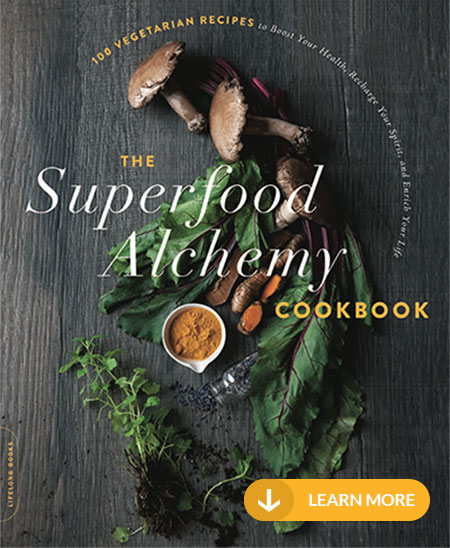

 Are you ready to look better, feel more energized, and get back that youthful feeling you remember having as a kid? I can help you on a journey that will change the way you eat — for good. My
Are you ready to look better, feel more energized, and get back that youthful feeling you remember having as a kid? I can help you on a journey that will change the way you eat — for good. My 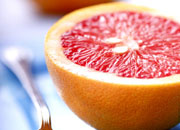


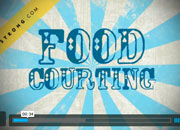
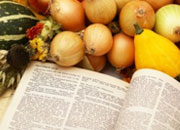







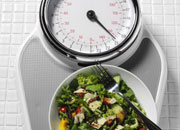
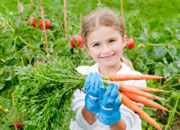

 As a healthy cooking expert, health coach and TV host,
As a healthy cooking expert, health coach and TV host, 

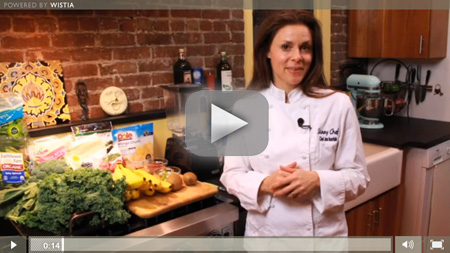
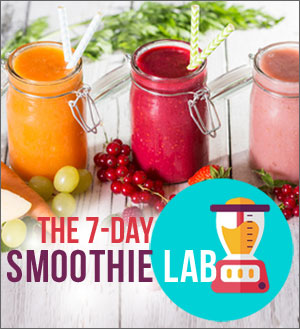
I like very much your way of presentation. Looking forward to reading more from you. Thanks a lot.